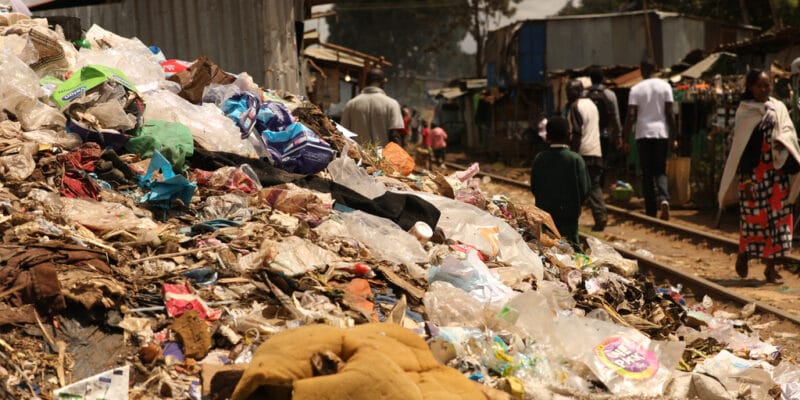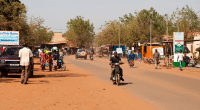The fight against plastic waste pollution could be strengthened in Nigeria. The West African country plans to join the Global Partnership for Plastics Action (GPAP) of the World Economic Forum's (WEF). The platform supports its member countries in implementing concrete solutions to the problem of plastic pollution.
New measures to combat plastic pollution are being announced in Nigeria. This West African country has recently expressed the wish to join the Global Partnership for Plastics Action (GPAP) of the World Economic Forum’s (WEF). By joining the GPAP, Nigeria will work with the global platform to launch a national partnership for action on plastics pollution control, based on a model that has already been tried and tested.
“In Indonesia, the national partnership has launched action and investment roadmaps that could prevent 16 million tonnes of plastics from leaking into the ocean, create 150,000 jobs and generate $10 billion a year in revenue, including through investments in waste management (reuse), plastics substitution and innovative business models. Similar ambitious action plans are being developed in Ghana and Vietnam,” explains GPAP.
At least 523,000 tonnes of plastic waste by 2022
Nigeria currently produces 200,000 tonnes of plastic waste per year. At least 70% ends up in landfills, sewers, beaches and water bodies. GPAP predicts that if nothing is done, Nigeria’s annual plastic waste generation could reach 523,000 tonnes per year by 2022. The Nigeria Action Partnership will create and work with locally led platforms such as the Federal Ministry of Environment and the Nigeria Circular Economy Working Group (NCEWG), coordinated by the African Development Bank (AfDB). The aim is to bring together the country’s policy makers, business leaders and civil society to put in place a national action plan to drastically reduce plastics pollution by combining high-potential solutions with strategic financing opportunities.
Nigeria will also work with the global platform to raise awareness among businesses and consumers on sustainable plastics waste management practices. Similar action is being taken in the country.
In October 2020, the Federal Executive Council (FEC) validated Nigeria’s Plastics Waste Act. The national policy was initiated by the Nigerian Federal Ministry of Environment. It aims at improving the management of plastic waste in the country through recycling plants.
Inès Magoum







